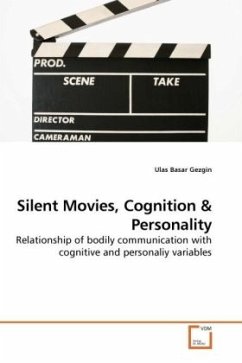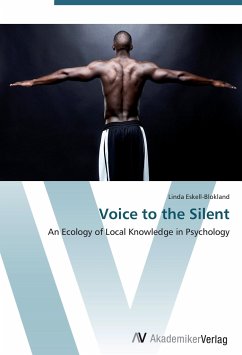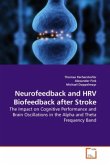Why are there individual differences in people s bodily communication? Which analogies appear to dominate in bodily communication, and in what ways would the metaphorization and metonymization processes operate? In this study, the relationship of bodily communication performance with cognitive and personality variables is investigated. In the experimental setting, the participants are instructed to communicate certain words one by one nonverbally just as in the Silent Movie game. The stability of expectancy ratings, the factor structure of the performance and the frequency of the ways of representations are analyzed. Interrater reliability analysis, third eye analysis and case studies are conducted; the unsuccessful representations are described and finally, structural equation modeling results are presented. The theories and research on personality and cognition, metaphors, metonymies, analogies, bodily representations, mind-reading, pragmatics and relevance are reviewed and after the exposition of the strategies, schemata and scripts employed in the experiments, a model of bodily communication was proposed.
Bitte wählen Sie Ihr Anliegen aus.
Rechnungen
Retourenschein anfordern
Bestellstatus
Storno








